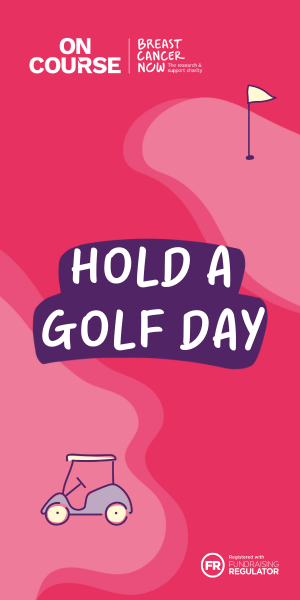Strength and conditioning coach Jamie Greaves is here to explain how and why anyone can get into golf-specific fitness training
Last time we looked at busting some myths around golf fitness and strength and conditioning training. Now, with the help of Strength and Conditioning Coach Jamie Greaves, we're going to look at how you can start golf-specific fitness training and why your age, gender and any aches and pains shouldn't get in your way.
When it comes to golf-specific fitness training, how do you get started?
My first thing would be to try and find a strength and conditioning coach. We touched on this when I spoke about golf fitness myth-busting - a specific coach would have a better awareness of the sport you’re playing, conducting that means analysis, finding out what actually goes into performance.
I would say there's quite a lot of golfers out there now that have had the experience of working with a golf fitness coach. It's probably highly unlikely that someone else at your golf club has not done some kind of golf strength conditioning work. Also, most counties use a golf strength and conditioning coach, so it might be worth finding out who the county uses as they will be someone who is reputable.
There’s also social media, however, the problem with social media is it's very hard if you don't really know what you're looking for, it's hard to distinguish between whether someone's good or not.
Ideally, I would advise a strength and conditioning coach, one that's had experience with working with golfers, that would be my first port of call.
How much time would you have to commit to this sort of training?
It's normally a lot lower than people think. I say to people, if you could commit two to three hours a week total, you'd be able to see a lot of benefits. Even with the top players I work with, they're not doing a huge amount more than that. They're probably training maybe four or five hours a week.
People get put off from starting because they think it's unattainable. They think they have to go to the gym an hour and a half, six days a week, and they’re put off before they've even started.
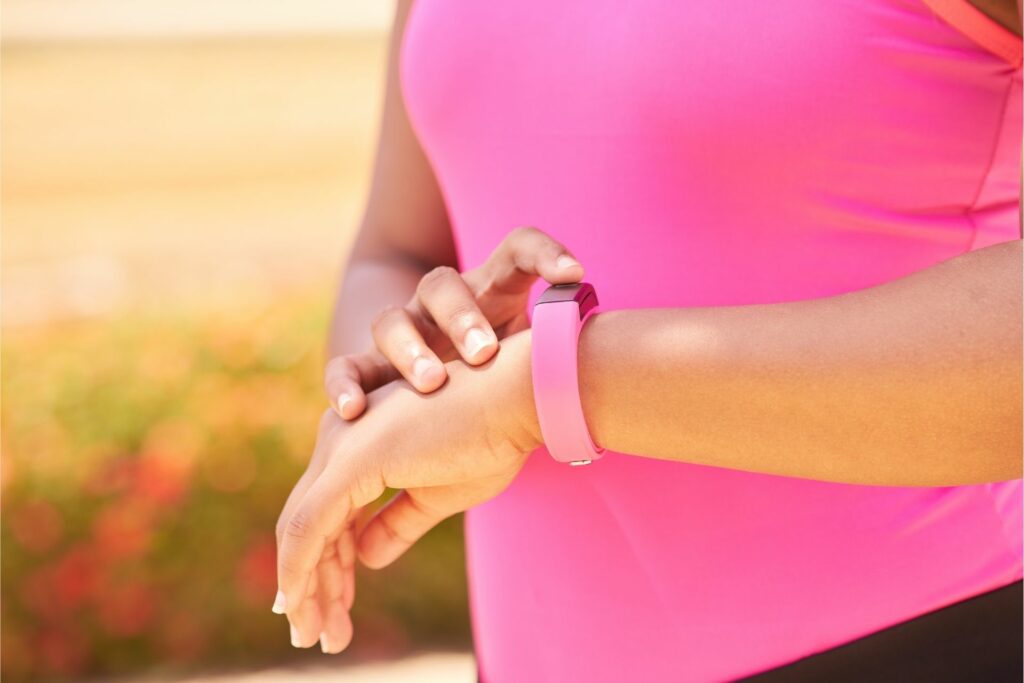
If someone has never done anything before, even going once a week for 45 minutes will make a difference. Also, making a conscious effort during the day to get more steps in. From a mobility or movement point of view if you could do five minutes a day, or 10 minutes a day that soon adds up. About 10 minutes a day is over an hour a week, that's over four hours a month. No matter how busy we are, we all have 10 minutes to do a little bit of mobility work.
You then add in one or two 45-minute strength and power sessions, whether that be a gym or a lot more common now is training at home and it's suddenly over two hours. It can make a dramatic difference. It doesn't need to be too time-consuming when you're doing the right things.
It can be intimidating for a lot of women to go to the gym, do you have any tips?
Having worked with quite a few female golfers now, having a plan is really helpful. Knowing what you're going there for and knowing what exercises you need to do. You shouldn’t be intimidated by what anyone else is doing as it’s to relevant to you.
All the female golfers I work with have said they now feel a lot more comfortable in the gym because they know what they’re doing, they know they're putting some load on the bar and they feel quite happy that they can load up a bar. They also know they're going to execute the exercise correctly, are able to explain why they are doing it and how it will impact their golf game
I know the gym can be an intimidating place, especially for women and juniors, but knowing what you're doing and having a plan certainly can remove quite a lot of that. It goes back to my first point about finding a reputable coach in your area.
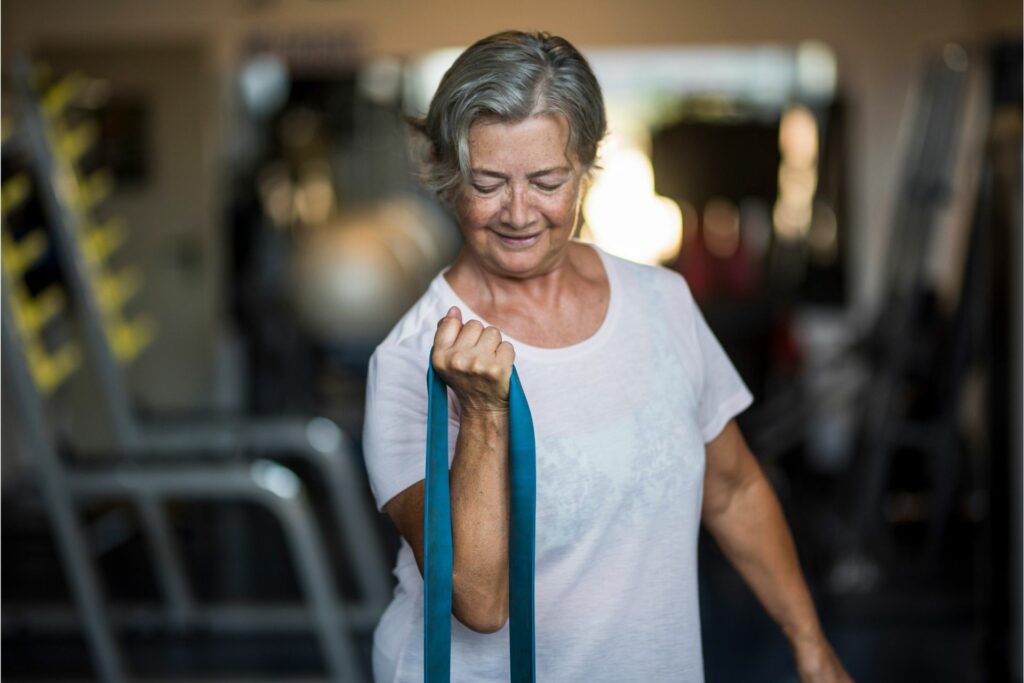
I'm 65-years-old, I've never lifted weights. Am I too old to get started?
I would say you’re never too old to get started. My oldest client is nearly 80-years-old and he's stronger than a lot of 30-40, maybe even 20-year-olds, he’s very, very strong. And he'd never lifted a weight until his mid-70s.
As we age, we hit our physical peak around 29/30-years-old, after that our muscle mass is slowly going to deteriorate year on year and once we get to 50/60-years-old that rate is going to increase unless we do something about it. Strength training is going to be the best way to reduce that.
If you look at why most senior golfers give up the game, their handicaps scores are going up mainly because their distance is coming down, golf is becoming very difficult and also potentially walking 18 holes might become quite hard. There are also quite a lot of aches and pains and then they kind of drift out of the game.
Whereas engaging in physical activity, particularly strength training, is going to reduce the amount of those aches and pains, potentially slow the distance decreased down, if not slightly reverse it. I've had golfers in their 50s, 60s and 70s increase their swing speed and put on distance. It’s obviously harder for them to do it than someone in their teens or 20s but it is possible.
It has a big impact not just on the course but also off the course as well. Strength training is one of the best ways to prevent falls and it's one of the best ways to prevent osteoarthritis. But it will also keep players enjoying golf for longer and playing to the standard that maybe they hope to.
Surely, I can’t start strength and conditioning training with my dodgy knee and back?
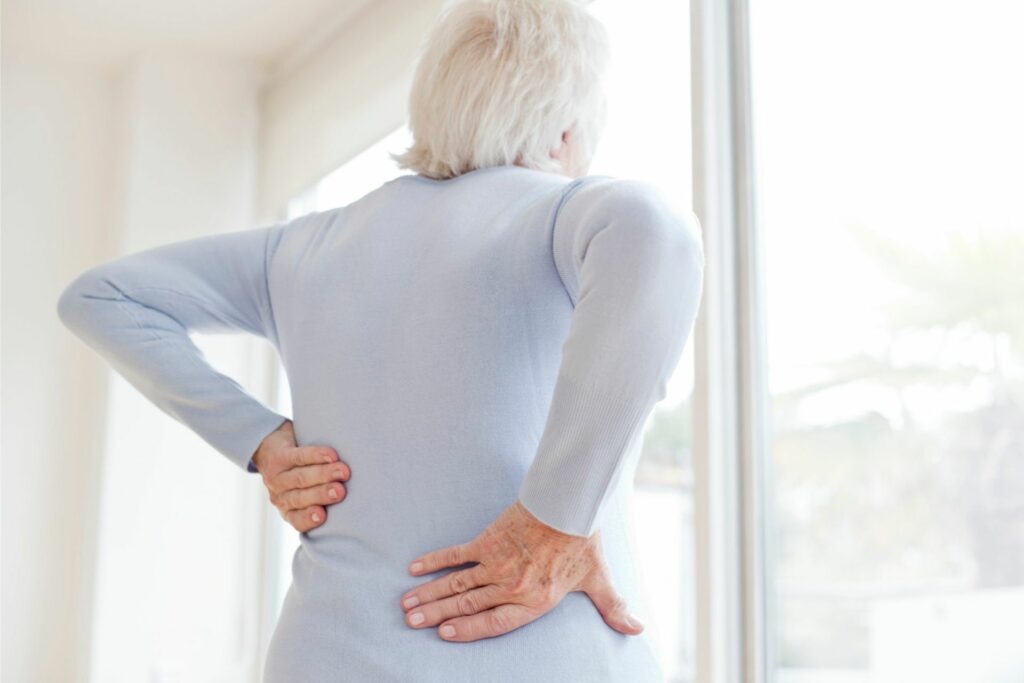
Obviously, you may need to seek medical advice before training, for example from your physio. However, you will find that the vast majority of physios will be telling you that you have to train in some way. Training will be the solution to either improve your aches and pains or at the very least make sure it doesn’t get any worse.
No matter what the injury is, generally, loading it is going to be beneficial. When I say load it I don't necessarily mean, if you've got a bad knee, I'm going to put a bar on your back and get you doing back squats! There are lots of modifications to exercises that you can make. Whenever I'm working with someone that has a bad back or knee, or those kinds of things, we're always looking to see if we can do the same exercise patterns. Can I get them squatting? Can I get them deadlifting? Maybe it's with dumbbells rather than a bar, maybe it's with some kind of modified stance that relieves a little bit of the pressure as they do it. But the movement and the strength training are going to be beneficial to that injury.
Then as that progresses, more options start to open up for you. You might end up going to a harder exercise progression, you might end up with the bar on your back, because actually, now your back/knee has improved dramatically.
Is it possible to improve your golf performance without going to the gym?
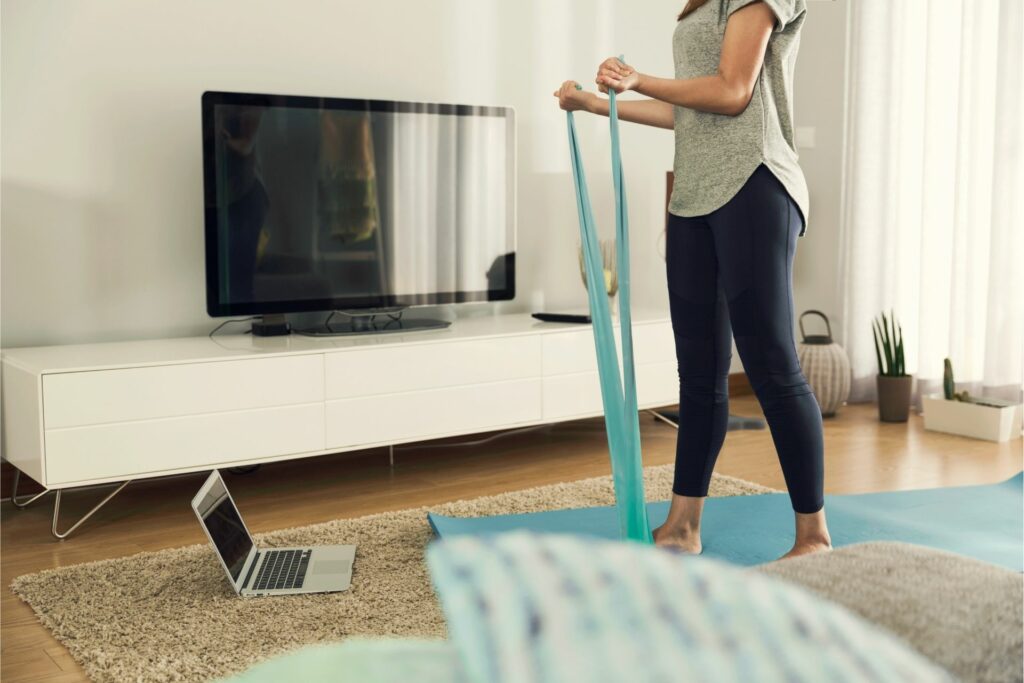
I have clients that train at home where they don't really have access to bars or dumbbells – they'll do some bodyweight work, they'll do some banded exercises and then they might fill their golf practice bag up with a few golf balls and use that as kind of a makeshift weight. Obviously, this will only be a few kilos but the body doesn't know whether it's a nice shiny dumbbell or new kettlebell or a bar, to the body it's just load and stress.
If you can create some load and some stress on the body, and you can elicit some positive results in strength and power. So, if someone is really dead set against going to the gym, it doesn't mean they can't still improve.
About Jamie Greaves
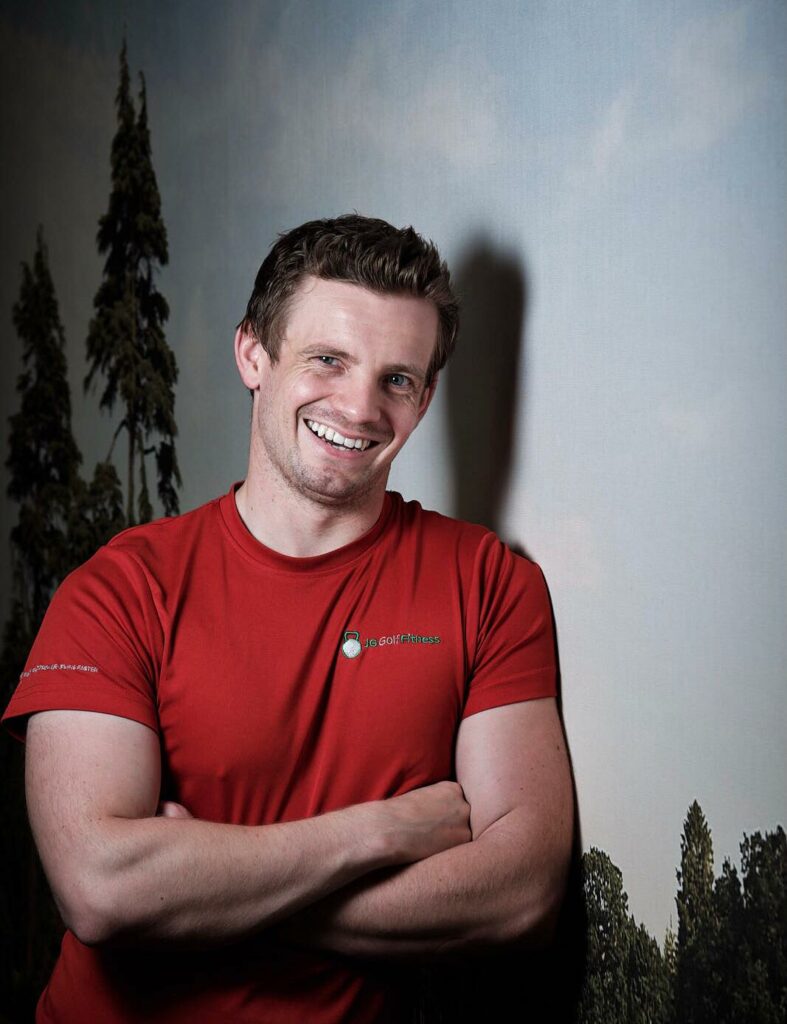
Jamie Greaves is a strength and conditioning coach and an avid golfer. He started playing golf at the age of 10 and played college golf in the USA, where he reached a +2 handicap. It was during his time in the USA that he discovered his love for fitness and how proper training can positively influence your golf game. He currently works with a wide range of clients from players on the main professional golf tours such as Meg Maclaren, England representatives and county squads, going right through to regular club golfers and beginners. Jamie believes that the great thing about golf fitness is that everyone, no matter age or ability, can benefit!
Find out more about how Jamie can help you and your golf here or drop him an email here







